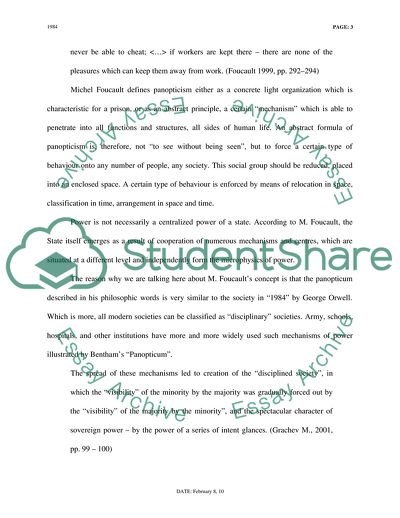Cite this document
(How Far Does the Description of Totalitarianism in Nineteen Assignment, n.d.)
How Far Does the Description of Totalitarianism in Nineteen Assignment. https://studentshare.org/philosophy/1732997-how-far-does-the-description-of-totalitarianism-in-nineteen-eighty-four-fit-reality
How Far Does the Description of Totalitarianism in Nineteen Assignment. https://studentshare.org/philosophy/1732997-how-far-does-the-description-of-totalitarianism-in-nineteen-eighty-four-fit-reality
(How Far Does the Description of Totalitarianism in Nineteen Assignment)
How Far Does the Description of Totalitarianism in Nineteen Assignment. https://studentshare.org/philosophy/1732997-how-far-does-the-description-of-totalitarianism-in-nineteen-eighty-four-fit-reality.
How Far Does the Description of Totalitarianism in Nineteen Assignment. https://studentshare.org/philosophy/1732997-how-far-does-the-description-of-totalitarianism-in-nineteen-eighty-four-fit-reality.
“How Far Does the Description of Totalitarianism in Nineteen Assignment”. https://studentshare.org/philosophy/1732997-how-far-does-the-description-of-totalitarianism-in-nineteen-eighty-four-fit-reality.


